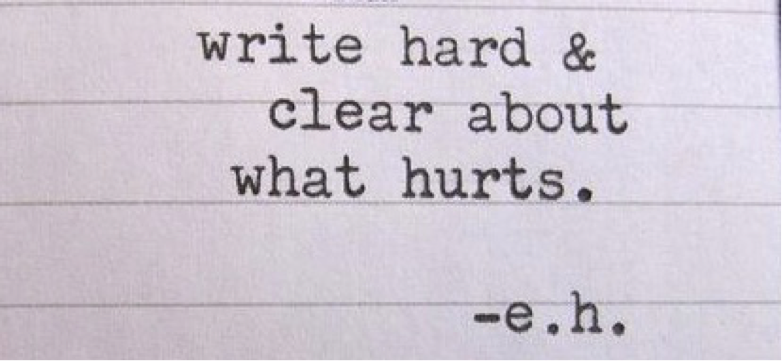In upper-class 1880s New York, it wasn’t uncommon for newspapers to be painted with sensational accounts of violence and indecency among the poor. This led to the widespread belief that the lower class was populated by immoral people who were the cause of their own suffering – something Jacob Riis refused to accept.
The famed reporter and photographer sought to humanize the New Yorkers who spent their days being overworked, only to end them with empty stomachs. His empathy for those who were disregarded and misunderstood by society was evident in his stories, which precipitated real social change and saved countless lives.
Had Riis merely stated a couple of facts about the poor, it would have likely made little to no impact on the affluent readers and their stilted views. It was how he told his stories (and in large part his iconic photography) that caused the shift. Now proven with research, what we read has a profound impact on the way we think.
- Reporting Effectively
For any journalist today to grab their audience’s attention and get them interested in a story, certain factors need to be in place. Best good news sites tend to have a stronger influence and their authority automatically tells readers that the content being posted is relevant, reliable, and trustworthy.
There are simply too many outlets (and readers tend to stay loyal to those they like) for a lone voice to be heard unless that voice is saying something differently. This is where the other factors come in, such as having a strong command of language and being able to effectively get a point across.
It can be argued that some solutions here are more honorable than others. Tabloids, for example, tend to be sensational, grabbing your attention with shocking titles and more images than text. For better or worse, that’s what seems to be most effective among today’s attention-deficit consumers.
That’s not to say a well-written story doesn’t have its place among all the clickbait and visual content. In fact, it has the potential to make an even greater impact on its readers, however few there might be.
This brings us back to the point that a sufficient amount of time and information is necessary to elicit a strong emotional response, which is largely why you’re more likely to remember and be moved by a longform post in The New York Times than the latest scoop on what the Kardashians did last weekend.
- You Are What You Read
We all – some more often than others – succumb to confirmation bias, which is the tendency to seek out and absorb information that falls in line with our existing beliefs, while ignoring anything that challenges them. The pull of this cognitive error is particularly strong when dealing with emotionally charged issues.
It’s not easy to change someone’s views, but it’s not impossible either. Sometimes, all it takes is a compelling headline. Good journalists have the ability to package information in a way that can seduce a reader into taking a look at something they usually wouldn’t, which opens up the avenue for new ways of thinking and tackling problems.
This has the potential to inspire major change, such that which occurred among upper-class New Yorkers who were exposed to Jacob Riis’ work. There is a dark side to this, of course, which is particularly evident in today’s world of widespread misinformation.
Being able to change the views of the masses is a great power, after all. And with it comes the responsibility of journalists to uphold good values and remain considerate about what action their stories might cause readers to take.
- Keeping up With Technology
Journalism is one industry where empathy is especially important. But in order to feel empathy for another person – or a character in a story for that matter, a certain amount of information is necessary. Moreover, it needs to be collected over a period of time in order to sink in and help us identify the similarities between the subject and ourselves.
It’s only when the reader is engaged and enveloped by the story that the text might change their views and motivate them to do something they otherwise wouldn’t. In a distracted society with an average attention span of eight seconds, that’s not easy to achieve. It’s also true that digital reading lends itself poorly to deep focus and, subsequently, empathy.
Our emotional responses to what we read are diminishing, and the unnaturally massive amounts of information that we’re exposed to on a daily basis is making a smaller and smaller impact. It takes an increasingly rare kind of reader to sit down and dive into an article – especially if it’s being displayed on a screen.
Recent changes in media consumption might not have made the most positive impact on the journalism landscape, but there’s still more than enough potential for a good journalist and their well-written story to change the world.
For more articles, visit OD Blog.

